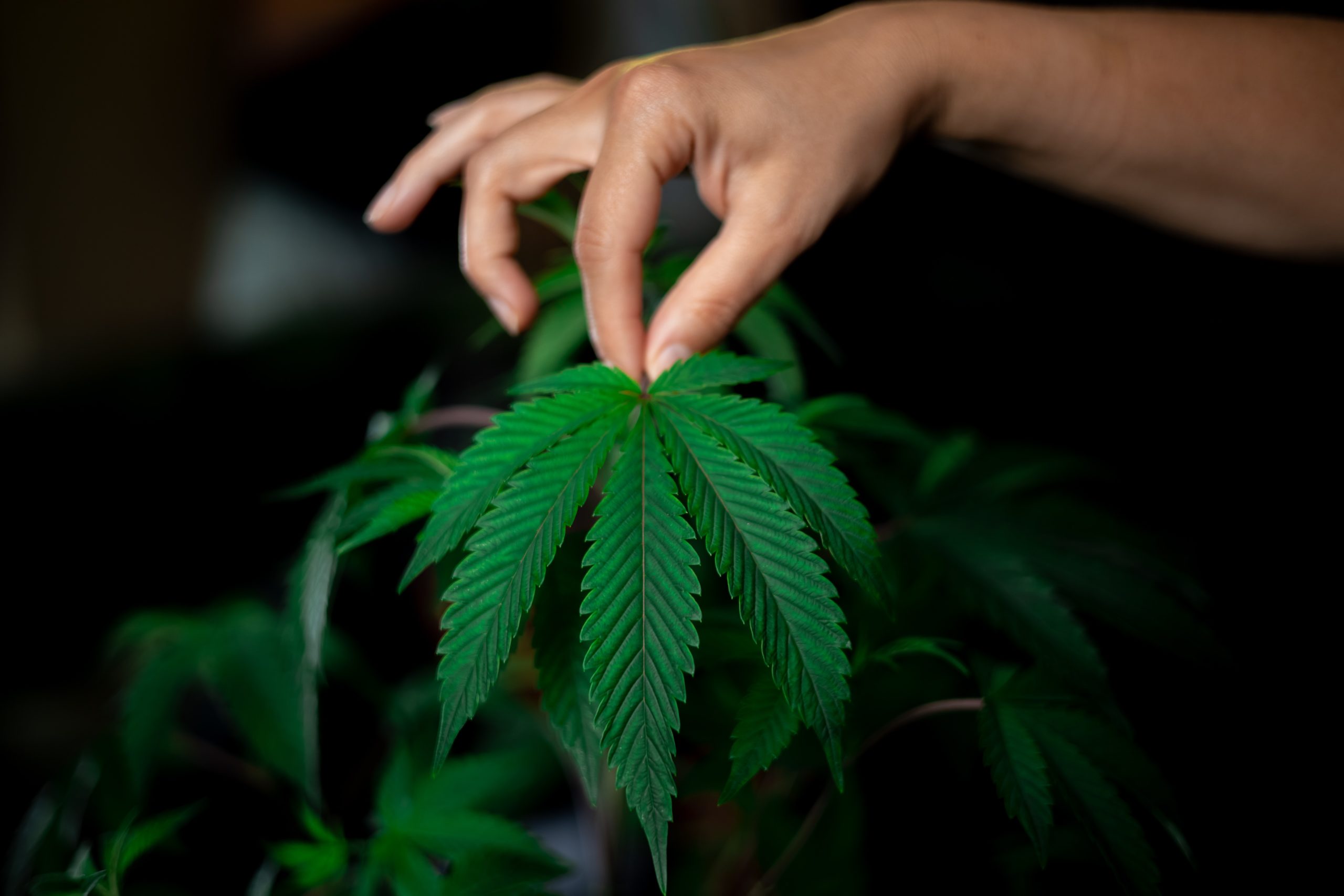
The Alabama Medical Cannabis Commission convened on Thursday for a renewed effort to allocate licenses to companies vying for participation in the state’s burgeoning medical cannabis industry.
The proceedings commenced at 10 a.m. in a fully occupied room. Approximately 20 minutes later, the commission opted to enter an executive session – a closed-door gathering. The open meeting is scheduled to recommence around 1:30 p.m.
Legal counsel for the AMCC, William Webster, clarified that the closed session would involve commissioners receiving details about the license applicants. Subsequently, individual lists of nominees for each license category would be compiled.
Webster emphasized that nominees’ lists would remain undisclosed during the closed session. Deliberations and voting on nominees are slated to take place once the meeting reopens to the public at 1:30 p.m.
Webster outlined the process, stating, “Deliberations will not occur during the executive session. The focus will be on sharing information related to the applicants. Each commissioner will confidentially generate a list of nominations for each category. These nominations will not be revealed during the closed session, and there will be no voting during that time.”
One criticism stemming from the initial round of license awards was the lack of public deliberation; decisions were unveiled following the executive session, which led to concerns about transparency.
Webster indicated that the forthcoming open meeting would solely address applicants who had received nominations.
The executive session was also designated to address three other topics permitted under Alabama’s open meetings law. These topics encompass discussions related to individuals’ general reputation, character, professional competence, and ongoing or potential lawsuits involving the commission.
On June 12, the AMCC awarded licenses to 21 companies from a pool of 90 applicants.
However, only four days later, the AMCC suspended these awards, citing potential inconsistencies in the tabulation of scores that aided in ranking the applicants. Consequently, the licenses were not granted.
In response, seven companies that had been unsuccessful in securing licenses on June 12 filed a lawsuit challenging the commission’s procedures. One licensed company also became a defendant in the case.
The licenses cover a spectrum of roles, including cultivation, processing, transportation, testing, and operating dispensaries. Integrated companies that combine several of these functions are also included.
Prior to the executive session on Thursday morning, Rex Vaughn, a Huntsville farmer, was elected as the chairman, succeeding Dr. Steven Stokes. Vaughn, previously the vice chairman, is affiliated with the Alabama Farmers Federation. Stokes, a radiation oncologist from Dothan, resigned from the chairmanship, as he is a trustee at the University of South Alabama, which contravened the commission’s operating rules.
Vaughn commended Stokes’ contributions and leadership, acknowledging their lasting impact. The AMCC also appointed Sam Blakemore, a pharmacist, as the new vice chair. Blakemore praised Stokes’ character and dignified leadership.
Before the licensing suspension, the AMCC anticipated product availability by late this year or early next year. The range of products encompasses gummies, tablets, capsules, tinctures, patches, oils, and other forms allowed by the legislation.
Qualifying patients with medical cannabis cards will be permitted to purchase these products from authorized dispensaries. The medical applications of these products extend to various conditions, including chronic pain, cancer-induced weight loss and nausea, depression, panic disorder, epilepsy, muscle spasms caused by diseases or spinal cord injuries, and PTSD, among others.
Alabama joins 37 other states that have sanctioned medical marijuana, as indicated by the National Conference of State Legislatures.
Source: AL.com
EXPLORE MORE NEWS
Newsletter




